Good Practices Database
This a new section within the a4ai.org site for a library of case studies around telecommunications policy as a publicly-available reference.
Search
Country
Region
Policy Area
Stakeholder
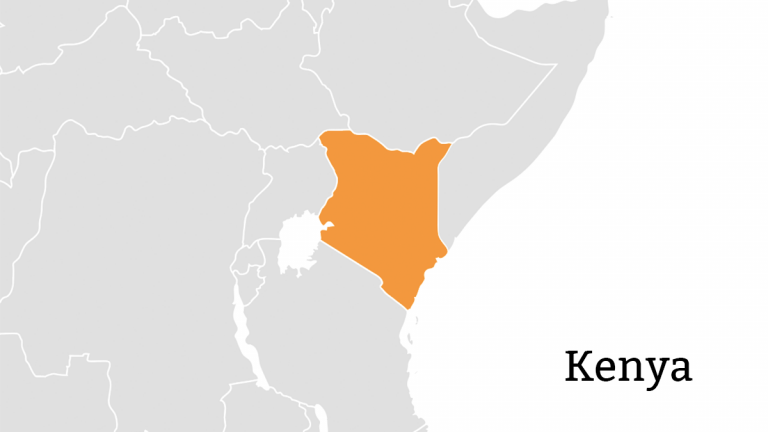
Financing greater access to smartphones
Kenya has developed one of the fastest growing smartphone adoption rates in sub-Saharan Africa by addressing affordability challenges through the implementation of financing schemes designed to accelerate mobile adoption for low income consumers.

Building new international connections
With the arrival of a new fibre optic submarine cable in the South Pacific, the Cook Islands government enacted a new policy to open the telecommunications market to competition.
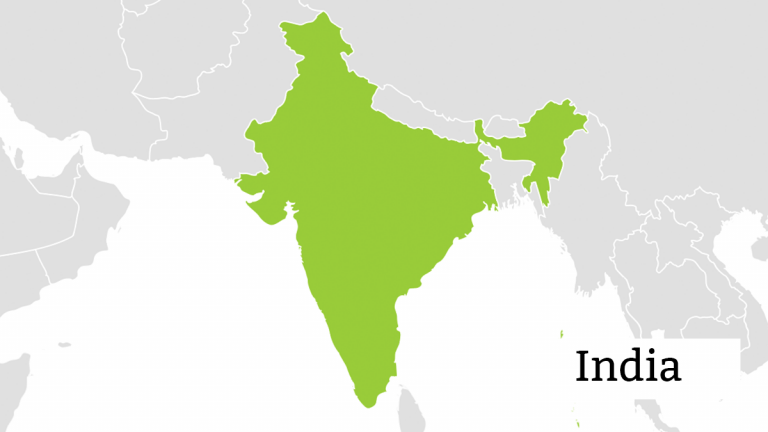
Creating new payment choices for mobile data
India’s top three telecom companies implemented peer-to-peer recharge schemes to alleviate some of the negative impacts of mobile recharge shop closures during the COVID-19 lockdown and to diversify payment options overall.
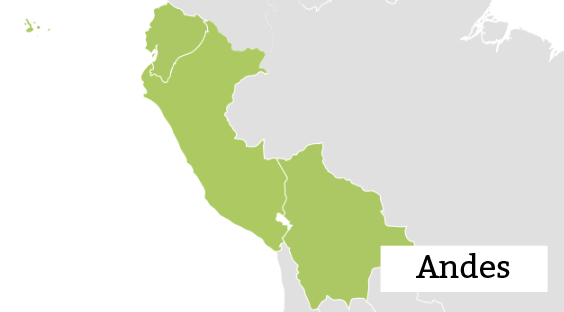
Keeping consumers connected through crisis
To ensure that consumers remain connected during the COVID-19 crisis, three Andean countries, Bolivia, Ecuador, and Peru, implemented strategies at the national level to help guarantee the continuity of voice and data provision for mobile and fixed-lines.
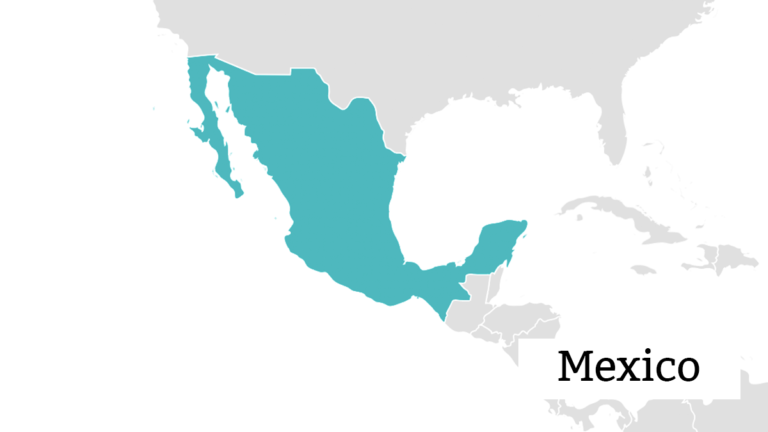
Offering affordable tariffs for all
Mexico’s telecommunications regulator and providers implemented strategies that guaranteed access to data and voice services during the pandemic. Under the slogan “Telecoms are on your side against coronavirus”, these strategies offered more affordable telephony services nationwide on a temporary basis.
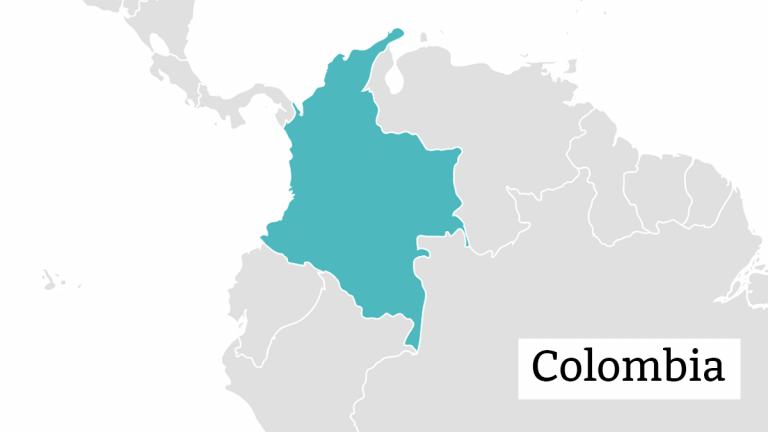
Reducing tax burden on essential data
Colombia implemented a temporary fiscal policy to increase the affordability of mobile services during the pandemic. This measure inspired a legislative initiative to make mobile voice and data services VAT-exempt on a permanent basis.
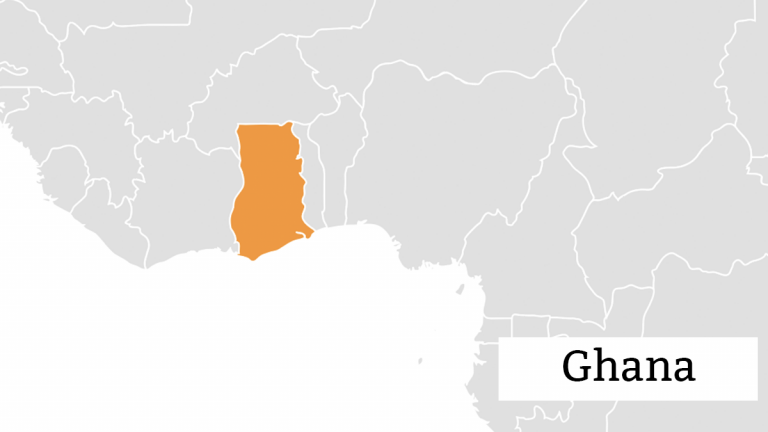
Releasing extra spectrum for better service quality
Ghana’s government undertakes swift policy action to offer more spectrum over the pandemic and improve network performance.
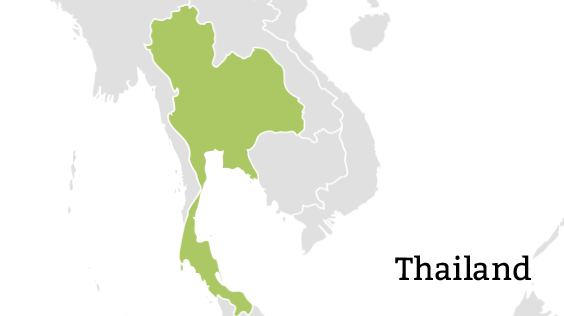
Subsidising essential data for all
Thailand’s telecommunications regulator, in cooperation with network operators, provides 10GB of data for free to mobile users as a way to encourage people to stay at home during the COVID-19 state of emergency directive.
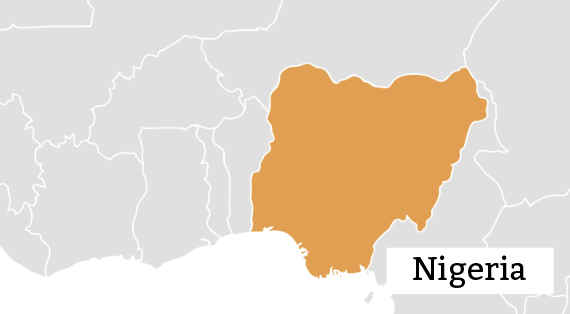
Reducing the cost to build new networks
Some Nigerian state governments reduce or remove Right of Way fees in order to stimulate broadband infrastructure development.
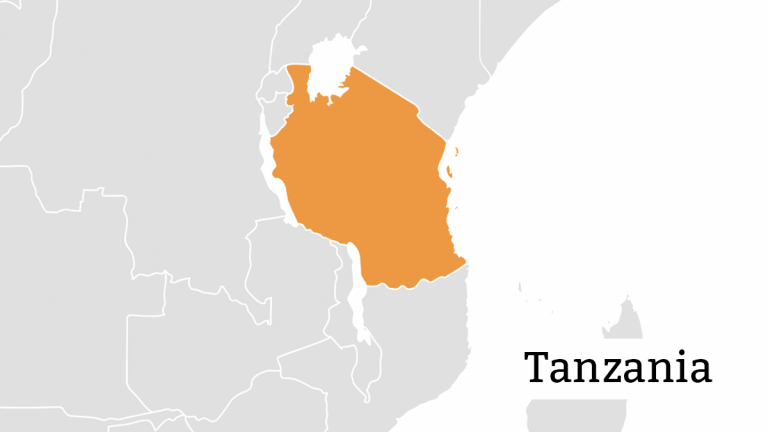
Sharing infrastructure to boost rural access
Tanzania is undergoing strategic policy reform to encourage competition and innovation and to guide infrastructure sharing in order to expand connectivity to rural areas.
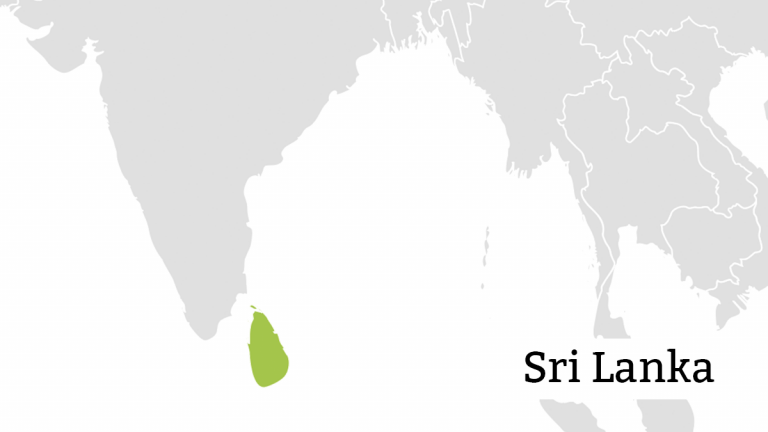
Measuring quality of service
Sri Lanka’s proactive regulatory approach to defining and monitoring the quality of services provided by telecom operators helps protect consumers, drive down costs, and maintain healthy competition in the telecommunications market.
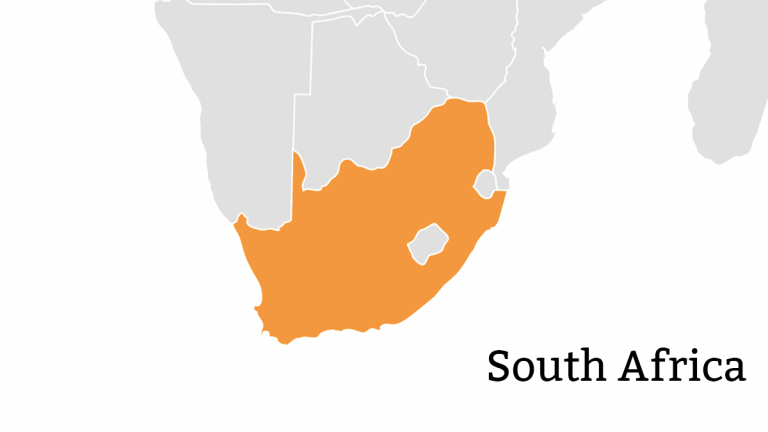
Leveraging competition to lower prices
Despite a well-developed telecommunications infrastructure, cost barriers have prevented people in South Africa from accessing the mobile web. The government recently took decisive action to address this by requiring the dominant mobile network operators to reduce their data rates.
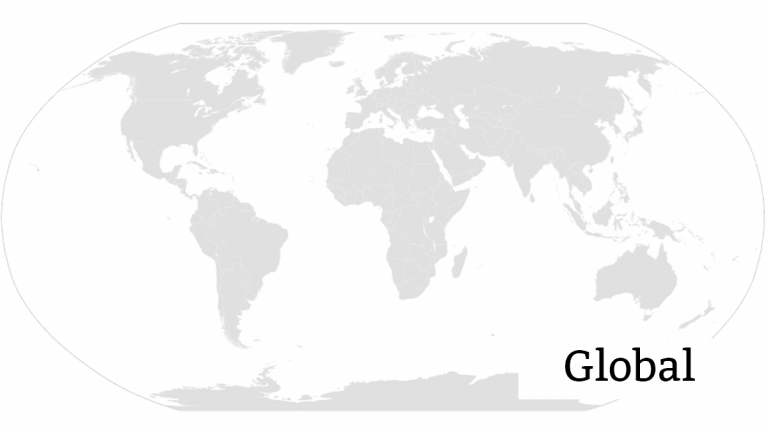
Using new sources to measure access
A lack of gender-disaggregated data is a challenge for closing the digital gender gap, but innovative uses of online advertising data provide an opportunity to fill in gaps and set baselines for progress.
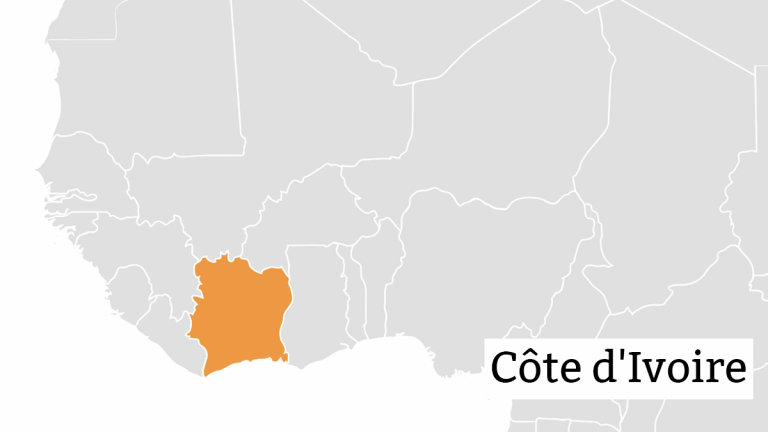
Laying the foundations for connectivity
Côte d’Ivoire’s national backbone network lays the groundwork infrastructure needed to power the digital economy and bridge the nation’s rural-urban digital divide.
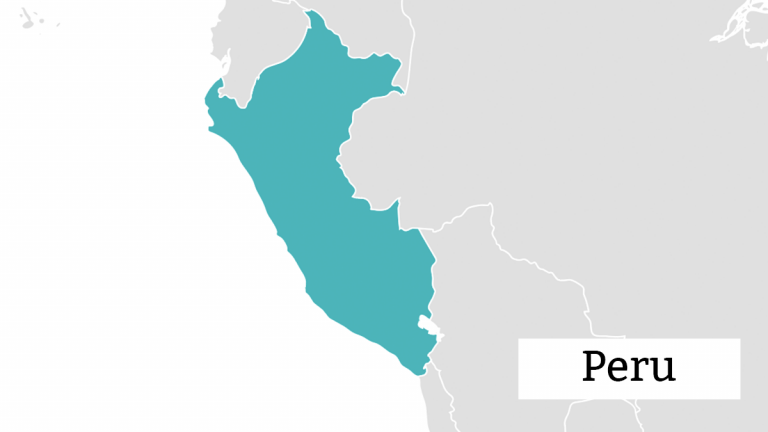
Supporting innovation and sharing for rural access
Internet para Todos integrates open access principles and innovative technologies to deliver internet access to more than 6.8 million people living in rural areas of Peru.
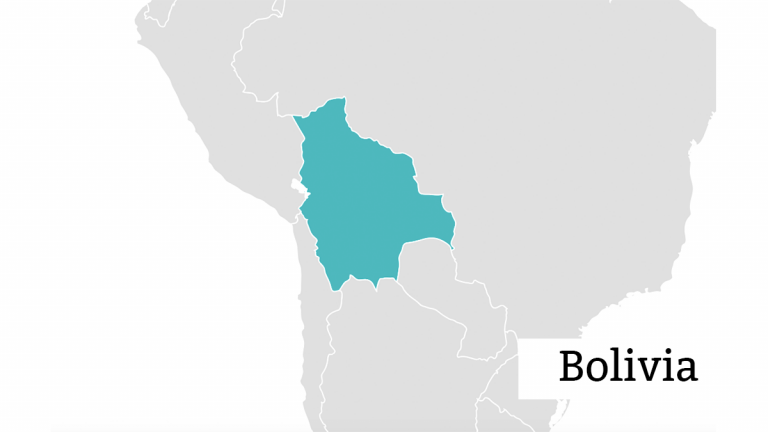
Supporting digital skills for women
The Mujeres Conectadas project equips women with mobile technology tools and digital literacy and entrepreneurial skills.
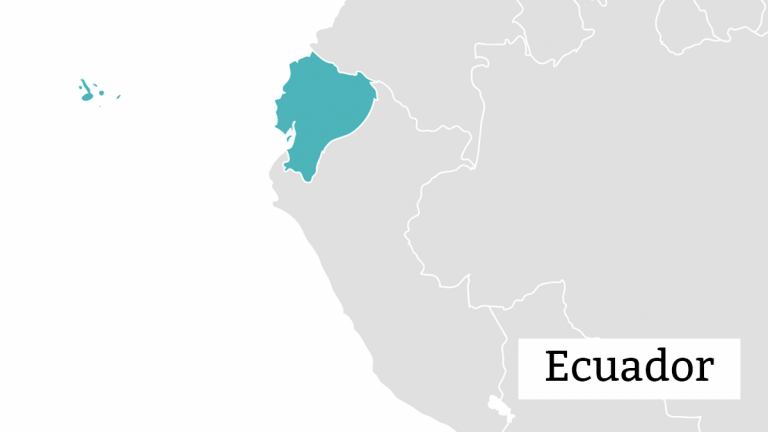
Lowering prices for marginalised users
In 2018, the Ecuadorian government introduced social tariffs, which offer mobile voice and data packages at a reduced price to people earning the lowest incomes.
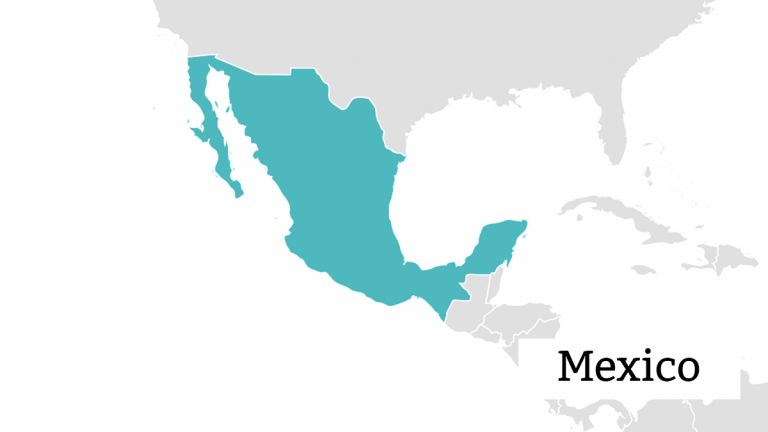
Educating and empowering consumers
The Mexican regulatory authority has developed informational resources and more to educate and empower consumers in the exercise of their rights.
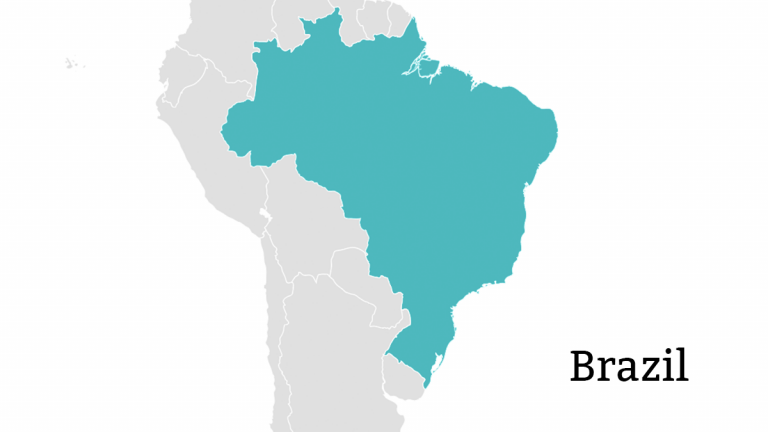
Supporting DIY networking from the regulator
Brazil empowers communities in underserved areas by facilitating community networks and providing guidance on network deployment. This initiative helps bring last-mile infrastructure into previously unconnected areas.
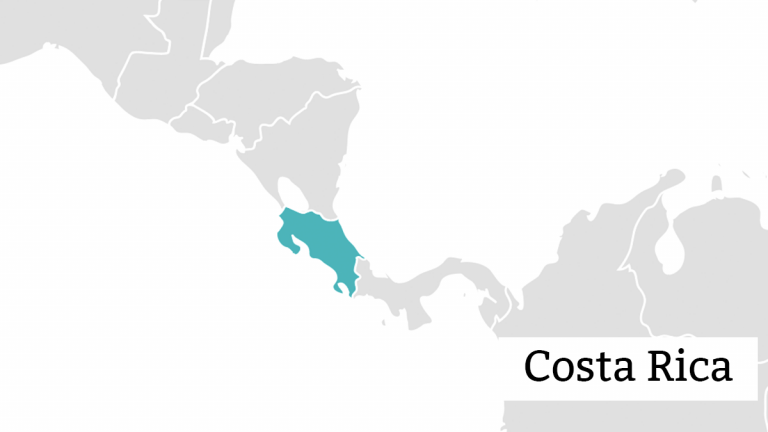
Measuring broadband progress with an iterative process
Costa Rica’s broadband plan and its subsequent monitoring and evaluation methodology has set up the nation to achieve its digital connectivity goals, and also offers a framework for the country to regularly update its strategy.
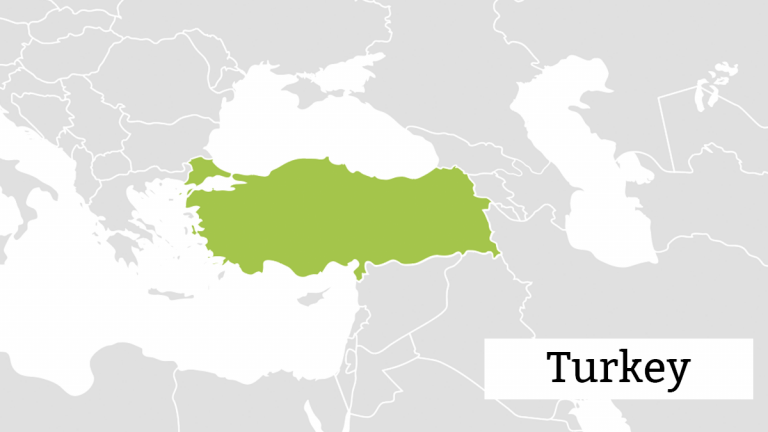
Setting goals with national broadband plans
Turkey’s National Broadband Strategy and Action Plan helps increase the rollout of broadband in the country.

Opening TV white spaces for access
The deployment of TV White Space may have important economic and social implications especially for the people living in unserved or underserved rural areas of South Africa.
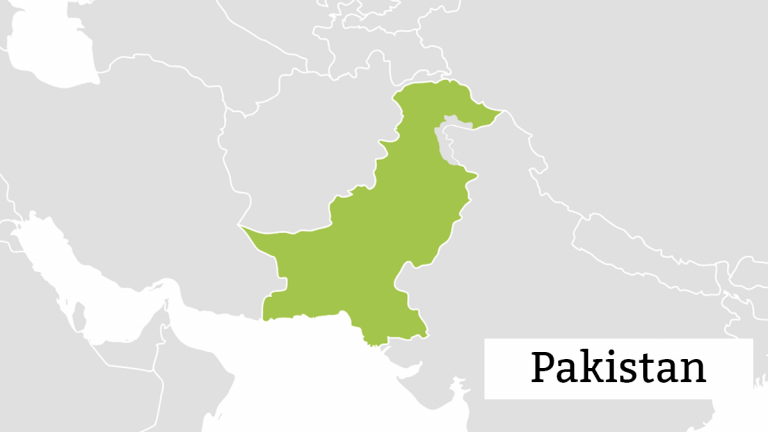
Investing in access with USAFs
Pakistan’s Universal Service and Access Fund (USAF) helps deliver increased internet access for over 7,000 unserved and underserved areas by co-financing infrastructure development and creating a competitive market for services.
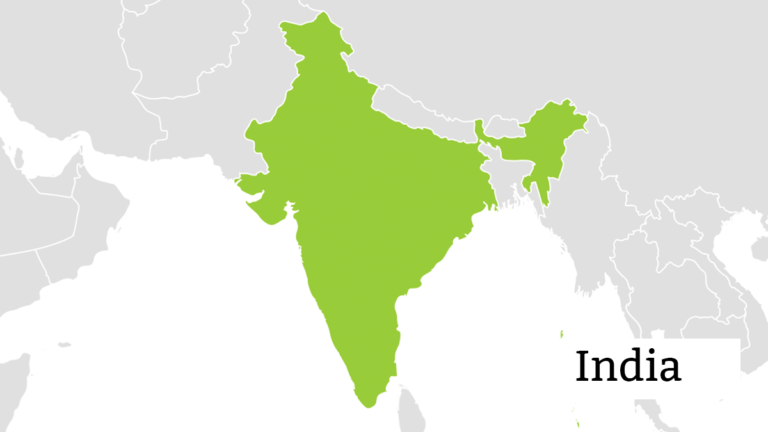
Facilitating shared infrastructure for a competitive market
India’s enabling regulatory approach to passive and active infrastructure sharing reduces costs for operators and enables rapid deployment of mobile services.
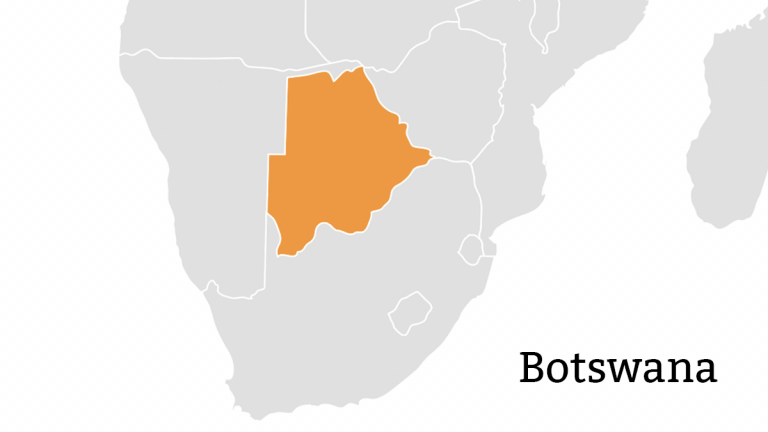
Including consumers in policy-making
Through participatory policy-making procedures, consumers have been influential in helping to develop the availability, accessibility, and affordability of ICTs in Botswana.

Simplifying network licensing
The decision to introduce a converged licensing framework paved the way for a more competitive telecommunications market and lower prices in Tanzania.
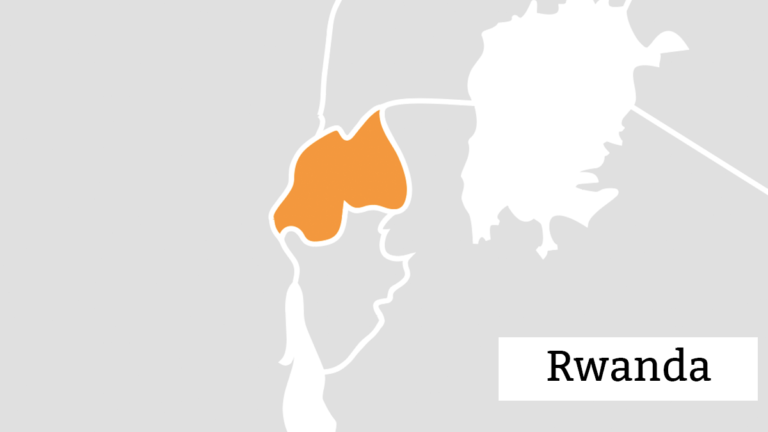
Growing demand with skill-building
Rwanda’s Digital Ambassadors Programme, with 50% representation for women, addresses the challenges of digital literacy in an aim to unlock the transformative powers of technology for all.
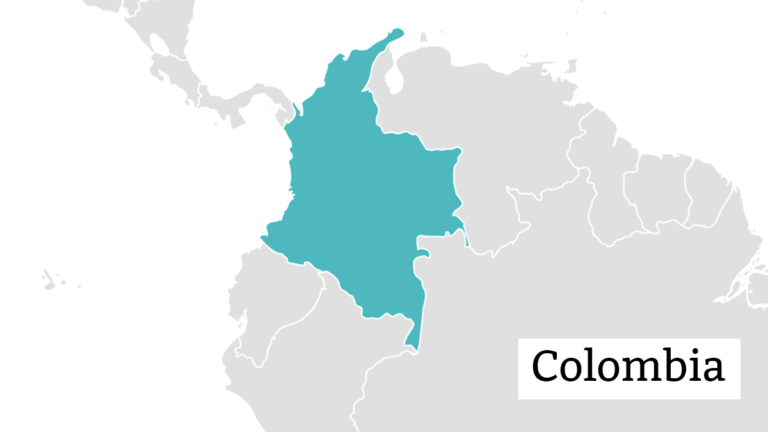
Encouraging shared infrastructure
The regulator has continuously passed regulations to encourage passive infrastructure sharing as a means to expand mobile connectivity.
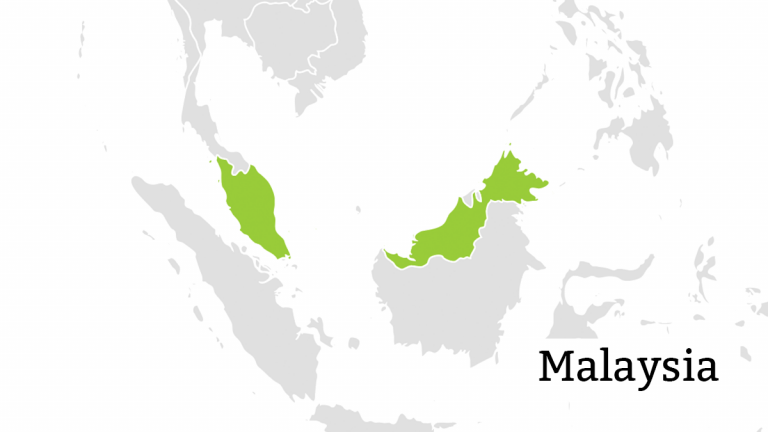
Planning for affordable access nationwide
With effective national broadband plans and strategic use of its USAF, Malaysia has boosted internet penetration and affordability for its citizens.
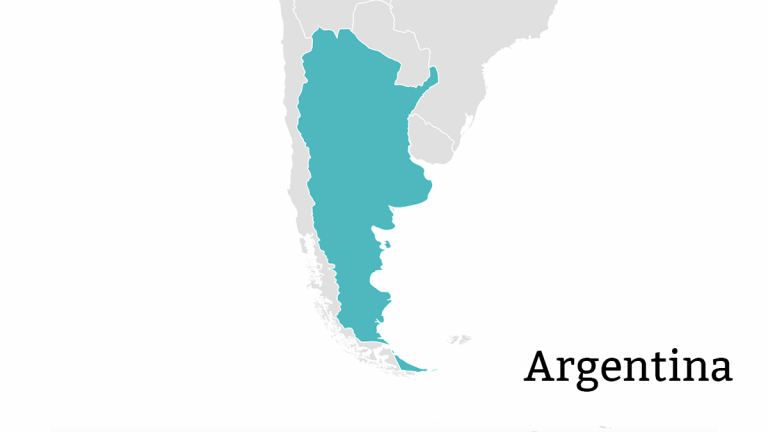
Licensing for community networks
Argentina helps to bridge the country’s digital divide by establishing licenses for community networks in rural, remote and other vulnerable areas.
